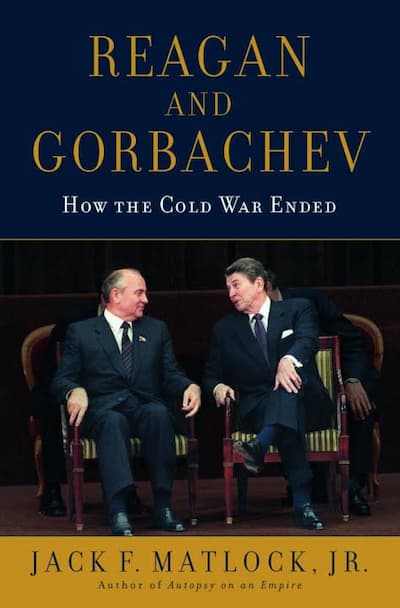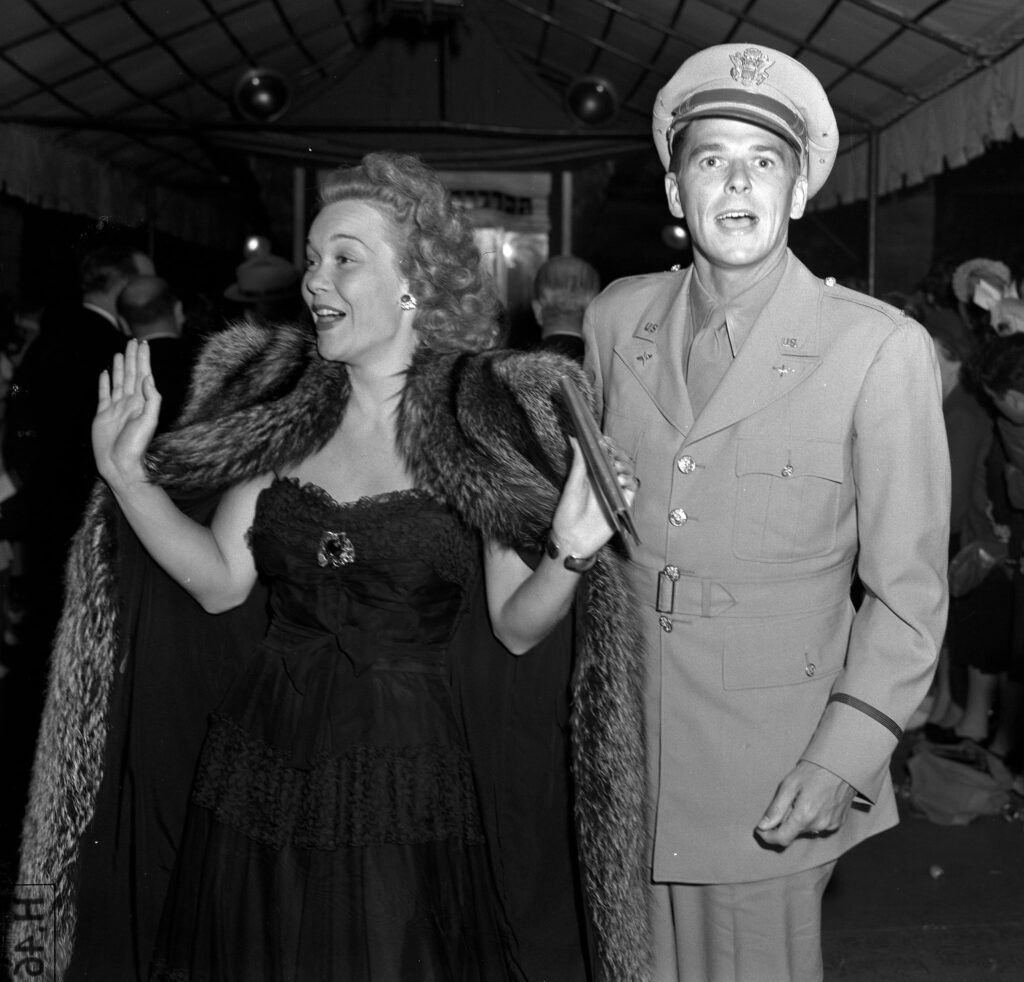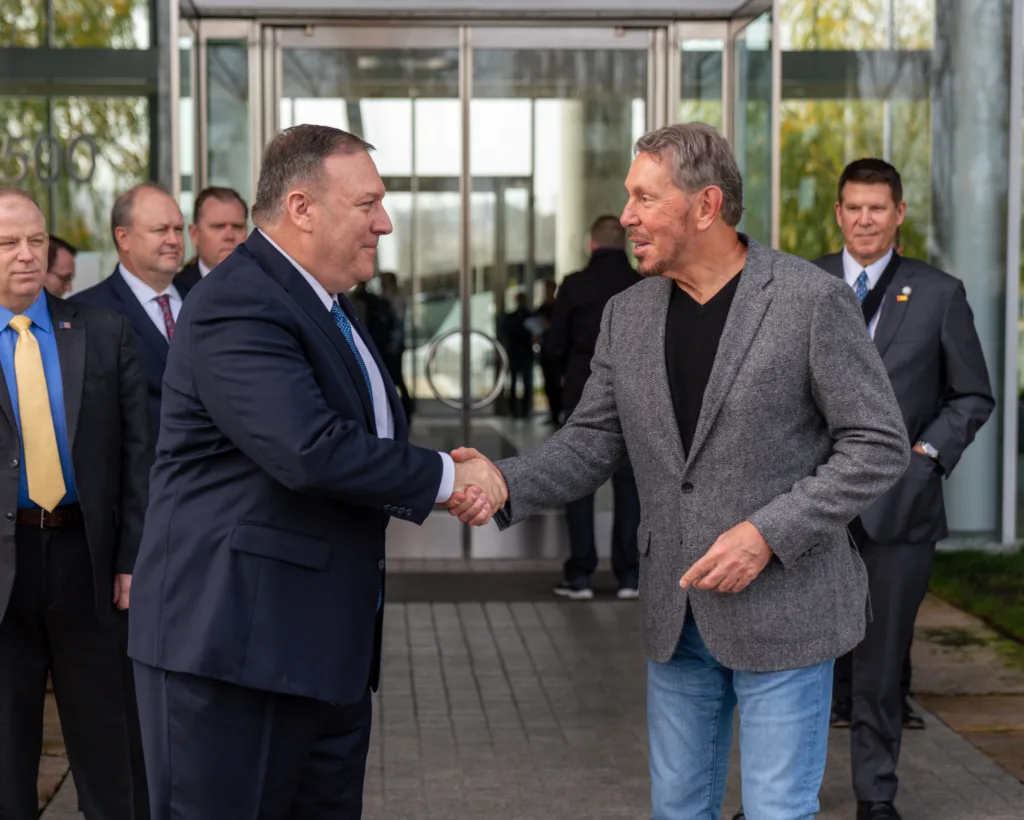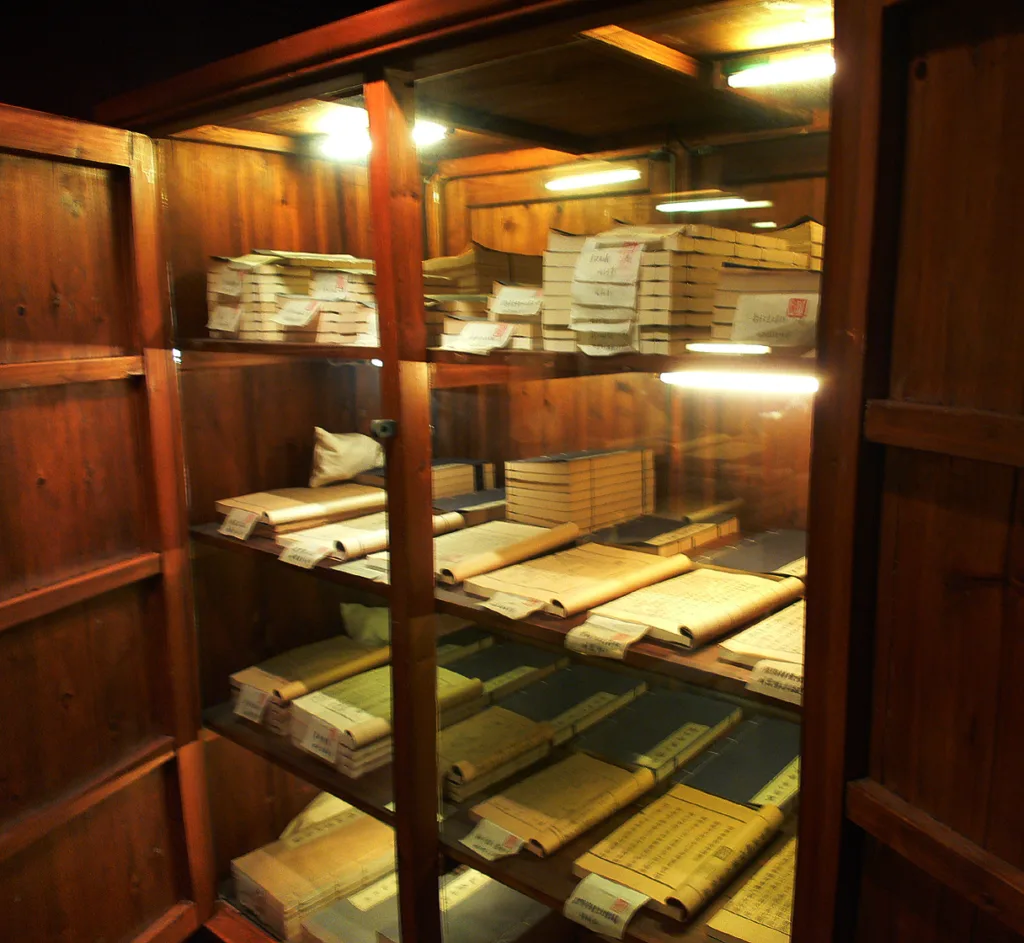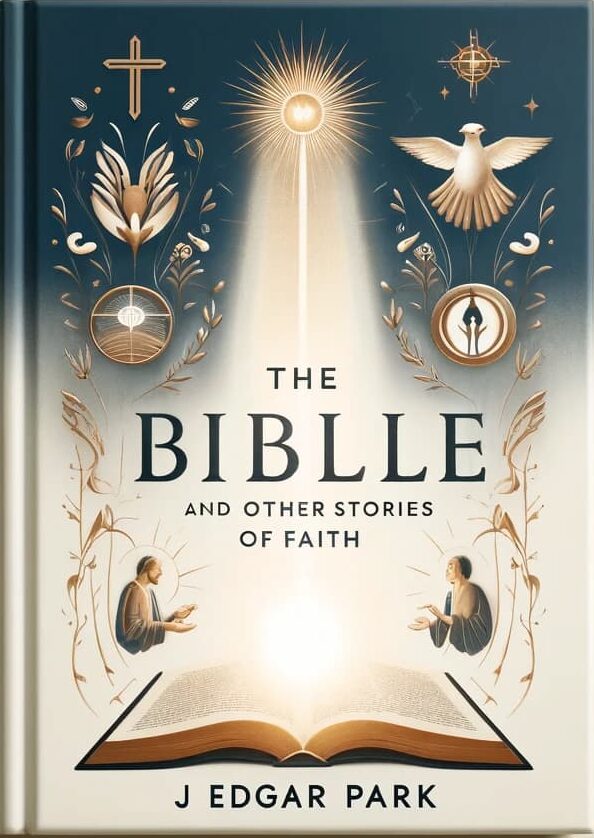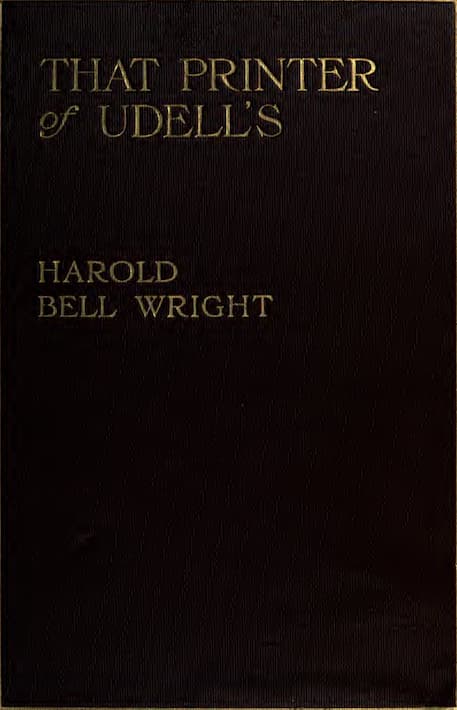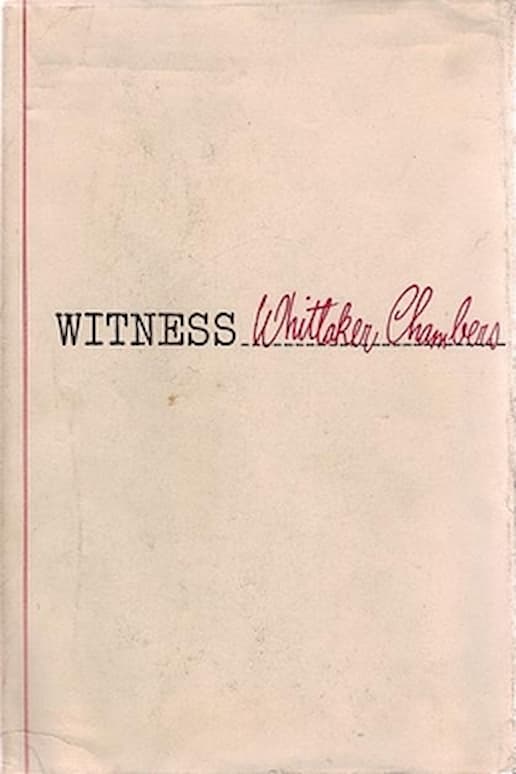Jack F. Matlock Jr., who served as the U.S. ambassador to the Soviet Union under Ronald Reagan, offers an insider’s perspective on one of the most pivotal periods in modern history in Reagan and Gorbachev: How the Cold War Ended. This book delves into the dynamic relationship between Reagan and Soviet leader Mikhail Gorbachev, examining how their interactions, policies, and negotiations contributed to the peaceful conclusion of the Cold War.
The Context of the Cold War’s End
By the time Ronald Reagan took office in 1981, the Cold War had been a decades-long geopolitical stalemate between the United States and the Soviet Union. Reagan’s initial rhetoric painted the USSR as the “Evil Empire,” but as his presidency progressed, his approach evolved into one of pragmatic diplomacy. Similarly, Gorbachev, who rose to power in 1985, introduced reforms like glasnost (openness) and perestroika (restructuring) to address the Soviet Union’s deepening crises.
Key Insights from Reagan and Gorbachev
- The Role of Leadership:
Matlock highlights how Reagan and Gorbachev’s personalities, beliefs, and willingness to engage in dialogue were instrumental in reducing tensions. Reagan’s firm stance against communism was balanced by his genuine desire for peace, while Gorbachev’s reforms reflected his understanding of the USSR’s need for change. - Breakthrough Negotiations:
The book provides a detailed account of key summits, including those in Geneva (1985), Reykjavik (1986), and Washington, D.C. (1987). These meetings, though fraught with challenges, ultimately laid the groundwork for historic agreements such as the Intermediate-Range Nuclear Forces (INF) Treaty. - Diplomacy Behind the Scenes:
Drawing on his experiences, Matlock reveals the behind-the-scenes efforts of diplomats, advisors, and aides who worked tirelessly to bridge gaps between the two superpowers. - The Human Dimension:
Beyond the policy debates, Matlock underscores the importance of trust, mutual respect, and personal rapport between Reagan and Gorbachev. Their ability to see each other as partners rather than adversaries was crucial in de-escalating the arms race. - The End of the Cold War:
Matlock argues that the peaceful conclusion of the Cold War was not a triumph of one side over the other but a shared achievement. Reagan and Gorbachev’s actions demonstrated the power of diplomacy in resolving even the most entrenched conflicts.
Critique and Legacy
While Reagan and Gorbachev is widely praised for its balanced and detailed analysis, some critics argue that it downplays the role of external factors, such as the economic pressures on the Soviet Union. However, Matlock’s firsthand accounts and nuanced understanding of the period make this book an essential read for anyone interested in the Cold War’s conclusion.
Why Read Reagan and Gorbachev?
This book offers a rare glimpse into the personalities and policies that reshaped the global order in the late 20th century. Matlock’s insider perspective adds depth and authenticity to the narrative, making it an invaluable resource for understanding Reagan’s legacy and the diplomatic strategies that ended the Cold War.
A list of Ronald Reagan’s 8 Favorite Books
A list of Books on Ronald Reagan
Visit the Reagan Foundation.
